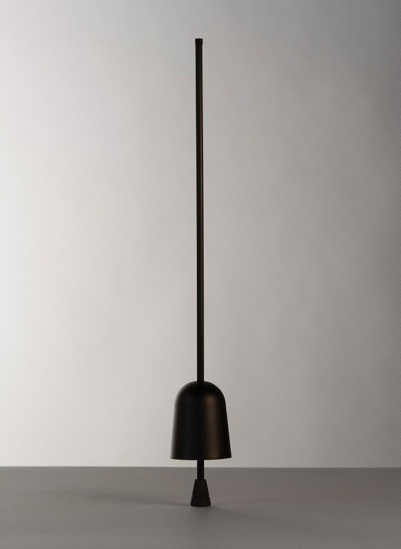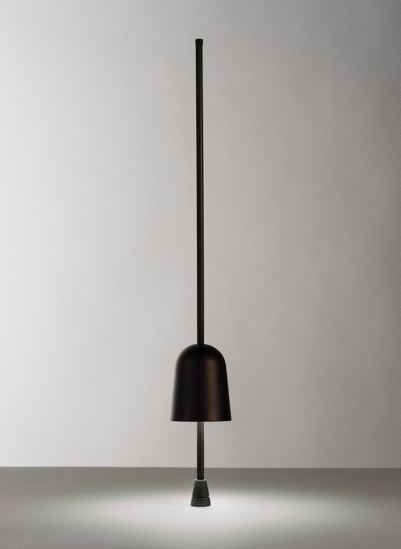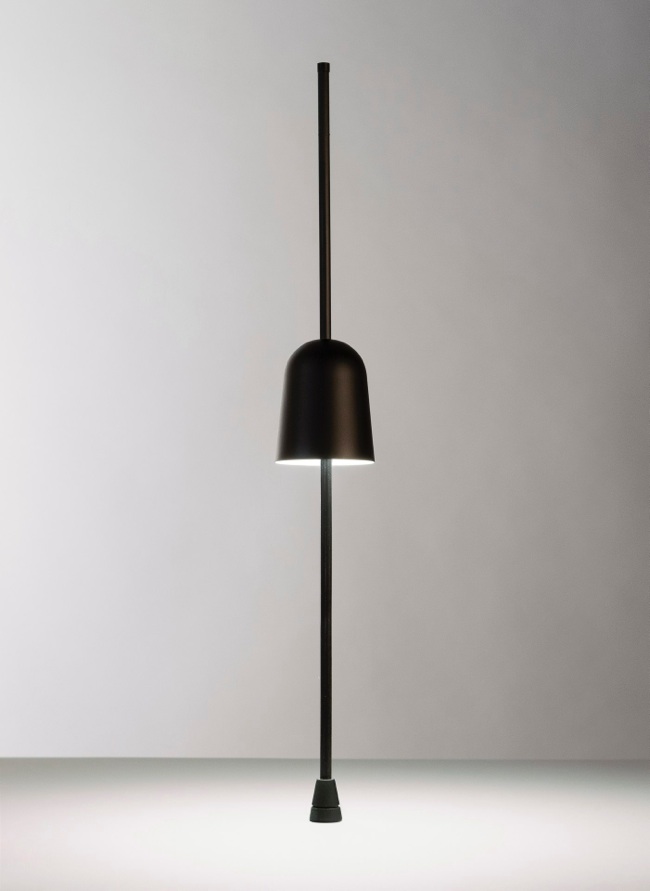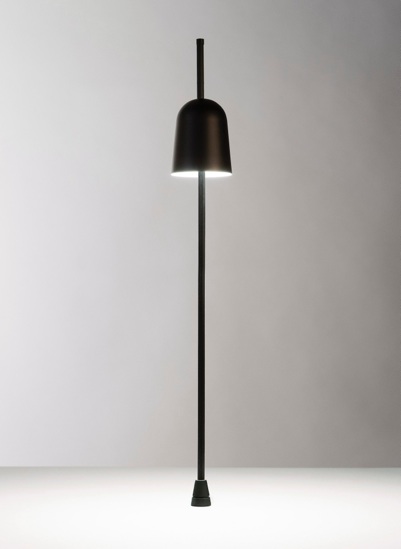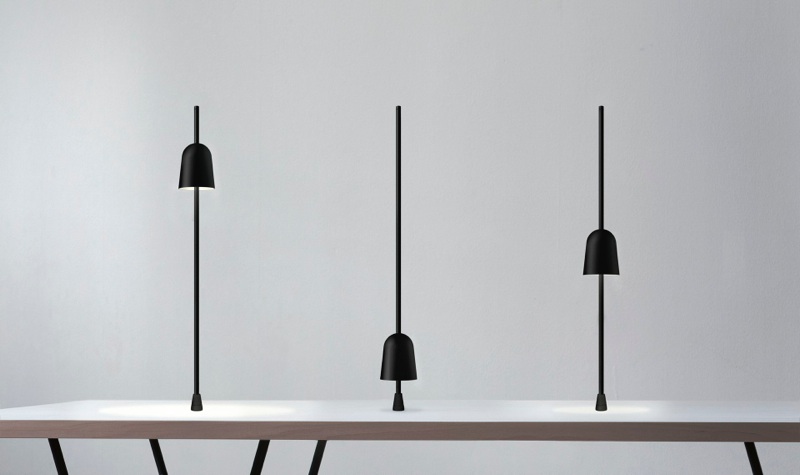Copyright © 2013 Daniel Rybakken
4. 10% light intensity:
Ascent (2013)
Table light designed for Luceplan by Daniel Rybakken, presented at Euroluce, Milan 2013.
-
1.
5. 100% light intensity:
6. The visual dynamics of multiple lights:
-
Ascent will be presented during Euroluce at:
Fiera Milano, Rho
Hall 13, Stand B19 C18.
Luceplan showroom
Corso Monforte 7, Milano.
For more information go to www.luceplan.com (from the 9th of April 2013)
-
Click on the images for full resolution.
Studio Daniel Rybakken
+47 911 45 600
-
Biography
Born in 1984, Daniel Rybakken grew up in Oslo, Norway. He studied design at the Oslo School of Architecture and the School of Arts & Crafts in Gothenburg, Sweden. On graduating with a Master of Fine Arts in 2008 he started his own practise with base in Gothenburg
and Oslo.
Rybakken has received numerous awards, including the 'Best of the Best' Red Dot Award in Singapore in 2007; the Anders Jahre's Cultural Prize for Young Artists in Oslo in 2008; the Design Report Award for best designer at Salone Satellite in Milan in 2009, the Bruno Mathsson Award in 2011 and the Elle Decoration International Design Award for Counterbalance in 2013.
The work of Daniel Rybakken occupies the area between art and design, forming limited editions, art installations and prototypes for serial production. His main focus has been to work with daylight and how to artificially recreate its subconscious effect.
Ascent uses the same archetypical head found on
Counterbalance (Luceplan 2012), mounted on a slender
vertical stem. By moving the head along the stem, the
light intensity goes from being turned off at the
bottom position, to gradually ascending to the full light
output at the top. This gives the user control over not
only the light intensity, but also the spread of the light.
The visual elements of Ascent are all recognizable, from
the classic head to the round stem, but it is the way you
use Ascent that makes it different from existing lights.
The gesture of sliding the head upwards for more light
and down for less is a conceptual idea, but at the same
time an action that feels natural.
Ascent comes in two versions, with an anchor bolt for
tables, or with a base. The anchor bolt is made impact
resistant by having a co-molding of steel and rubber in the
base, allowing up to 15 degree of tilt of the stem. As to
protecting the inner mechanics and electronics the head is
made to rotate freely. These measures make Ascent suitable
for larger public spaces as well as for domestic use.
Winner of the 2014 Red Dot Award.
Head in turned aluminium, stem anodized aluminium,
10W LED - 2700K light source.
2. 0% light intensity:
10. The initial prototype at the studio:
-
9. 3d-printed tests of the head and base:
11.
7. Ascent with base:
Ascent, Daniel Rybakken 2013 (photography by Luceplan)
8.
